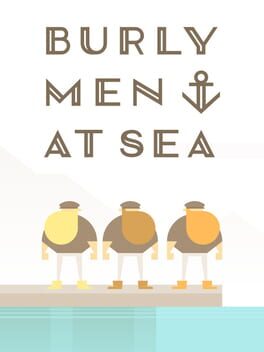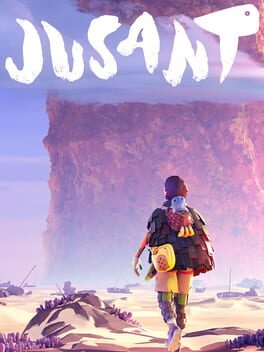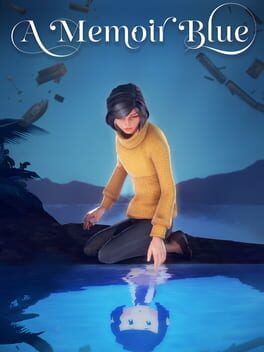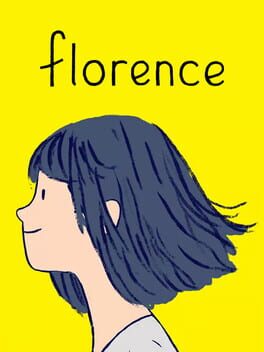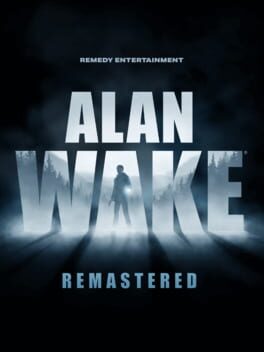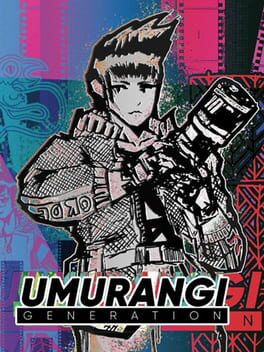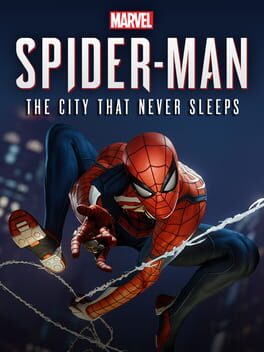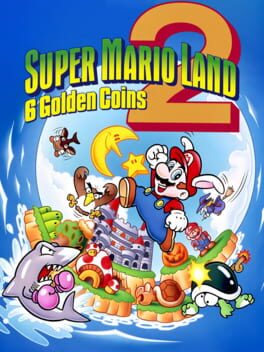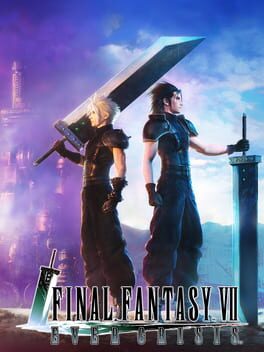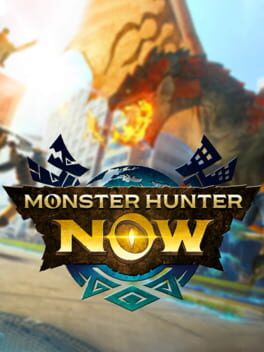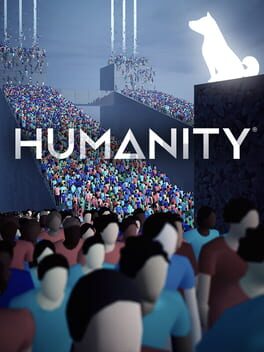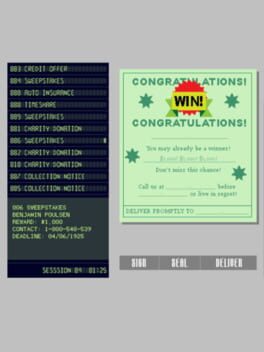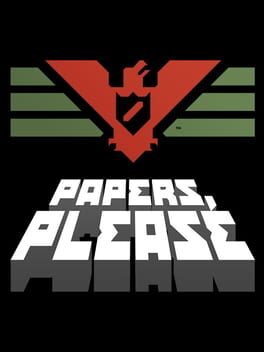jvet
2016
Clever structure and the individual stories were the right length for the number of replays needed to see all of the endings. However, the quaint story is too slight to motivate me to replay it over and over again with only the slightest of differences. I think some quality of life features, like a fast-forward or skip button and a map of your choices, would’ve helped the completionists out there.
2023
2022
A short, simple, but personal narrative game. While affecting, the ending feels ultimately unearned as the final act of the game is rushed. It’s unsatisfying when it could have been impactful. Compared to Annapurna’s other published games (see Florence), the mechanics don’t compliment the story and it’s weaker for it.
2018
It took a second playthrough of the game to appreciate it on its own terms. The first time I tried it, I rushed through the game in a single sitting and was left feeling disappointed by how slight the game felt, both in terms of mechanics and length. This time through, knowing it was a short experience, I spaced it out, playing an act a day. I was surprised by how much more I enjoyed the game. The use of game mechanics to tell the story is truly impressive and is better experienced than explained. That alone makes this game worth a recommendation as it tells a story in a way only a game could, which is good as the story is a bit cliche.
2021
I skipped the Xbox 360/PS3 era, and I’ve unintentionally been experiencing a number of those games recently. I was surprised to find so many similarities between two well known games of that time: this and Uncharted. Both games attempt big things with their stories (Alan Wake has bigger ambitions in this department, and largely succeeds). But both games are held back by fairly simple combat and enemy variety that had to be glaring even back then. The games simply throw more and more cannon fodder at you, which is rarely fun. Fortunately the story is still engaging and an impressive amalgamation of media and influences that Remedy continued refining. In the end, even my frustrations didn’t deter me from immediately starting the DLC and buying American Nightmare.
2020
I could see this being a lot of fun to play through when each part was initially released. Each chapter serves as an interesting chapter in the ongoing Insomniac Spider-Man story and offers a few hours of content that give you an excuse to return to NYC. However, when taken together, it suffers from being too much of a good thing. Hammerhead is an uninteresting villain, and the more the narrative shifts focus to him, the less engaging the story becomes. Couple that with very “samey” side content, and I only bothered to 100% the first of the three chapters. There are some surprising character arcs for the supporting cast, but they are over quickly.
2023
I loved the first three acts of this game. I found them surprising and inventive, yet intuitive. Focusing on those levels, the game offered exactly what I love in a puzzle platformer. Unfortunately, I found the last world to be the most frustrating, which meant I ended the game with that feeling lingering. The puzzles in the last bit were suddenly obtuse and frustrating, and that contrasted sharply with the rest of the game. It may be I was in too much of a rush and missed some obvious signposts, but I was letdown after such a strong opening.
2023
Like many of Niantic’s games (and many free to play games, especially on mobile), early progress and gameplay seems promising until the dopamine runs out and the grind begins. Had some real promise too, but eventually you’re bashing your head against the same monster countless times for a meager upgrade that would be expedited by money.
2023
Frequently brilliant and inventive, occasionally frustrating; some of the unlocks ease pain points, but a rewind button would’ve helped the longer puzzles with fail stated. The boss battles seemed an odd choice but might’ve made more sense if I’d played Rez as the earlier project seemed an inspiration for the otherwise random bullet hells.
2015
2013
